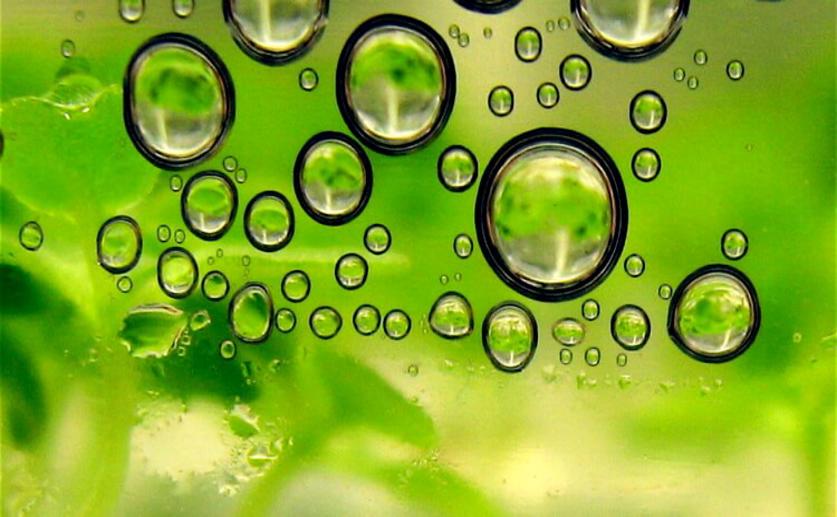
This archived news article is over 5 years old.
Researchers Eliminate Microbial Contamination in Biofuel Operations, Reducing the Need for Antibiotics
David Jennings
5th August, 2016


David Jennings
5th August, 2016
